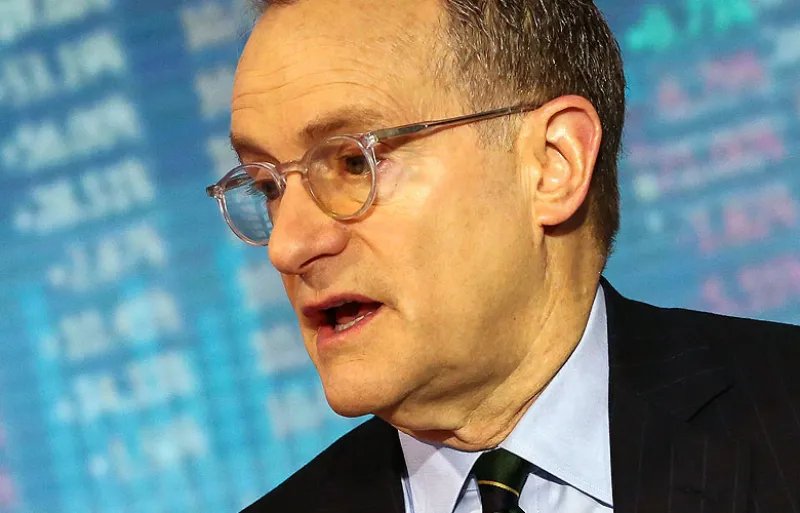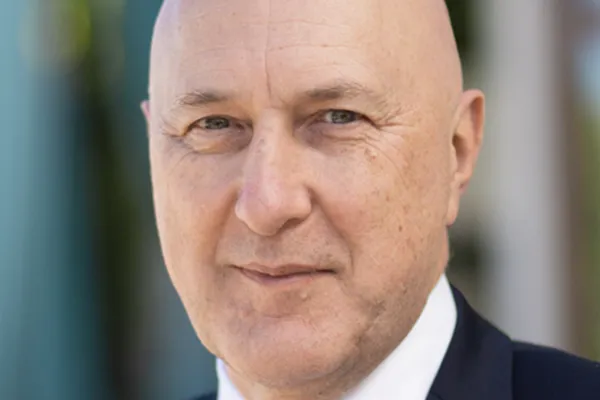Oaktree Capital Management’s Howard Marks plans to err on the side of caution when it comes to the firm’s investments because he’s concerned about the aging bull market.
In a memo to Oaktree’s clients, published on the firm’s website late on Tuesday, he weighs the pros and cons of what he calls one of the longest stock market runs in history. “The easy money has been made,” Marks, co-chairman of Oaktree, wrote. It was “easier” for the price-to-earnings ratio to rise from the low teens in 2011 to 25 today, than to double again from the current level.
Marks pointed out that the Standard & Poor’s 500 index has about quadrupled since its low in 2009, when the U.S. was struggling to recover from the worst financial crisis since the Great Depression. The record highs reached this year in the U.S. stock market are making some investors wary of asset prices even as others remain “excited about the fundamentals,” according to his memo.
“The one thing we can say for sure is that the current prospects for making money in U.S. equities aren’t what they were half a dozen years ago,” Marks wrote. “And if that’s the case, isn’t it appropriate to take less risk in equities than one took six years ago?”
Marks has taken a relatively bearish view on the market in previous memos to his clients, and the most recent, entitled “Latest Thinking” is no exception. He cited “macro uncertainties, high valuations and risky investor behavior” as reasons for Oaktree favoring a more defensive style of investing.
And then there’s concern about how long the bull market has been running.
“It feels as if we may get through the next 18 months without a recession, but if we do, that’ll make this the longest recovery since the 1850s,” Marks wrote. “Certainly not impossible, but against the odds.”
Marks also cited his concerns about slow, long-term economic growth and the implications for employment as automation increases. He said interest rates are another reason Oaktree is being more defensive in its investment strategy. Rates will likely rise in the coming months, possibly driving down asset prices, Marks said in the memo.
[II Deep Dive: ‘There’s This Guy in California Called Milken’]
Though investors are pouring capital into the stock market, Marks noted that their attitudes aren’t exactly euphoric, which is typically a sign that a bear market is nearing. “For years the markets have been ‘climbing a wall of worry,’ an old-fashioned phrase used to describe a healthy ascent that’s occurring not because of euphoria and risk-obliviousness, but rather despite a catalog of perceived ills,” he wrote.
The market’s stabilization following the financial crisis hasn’t been “marked by excesses to the upside,” which means the recession that follows could be benign, according to his memo. “In short, no boom, no bust,” he said.
But that doesn’t mean investors shouldn’t exercise care as the stock market continues to climb. Instead, Marks said investors should view the market’s current conditions like a tug-of-war.
“It’s impossible to say the negatives will win the tug-of-war anytime soon, but that doesn’t mean caution should be discarded . . . especially now,” he wrote.







